How does Cairo compare with Zurich?
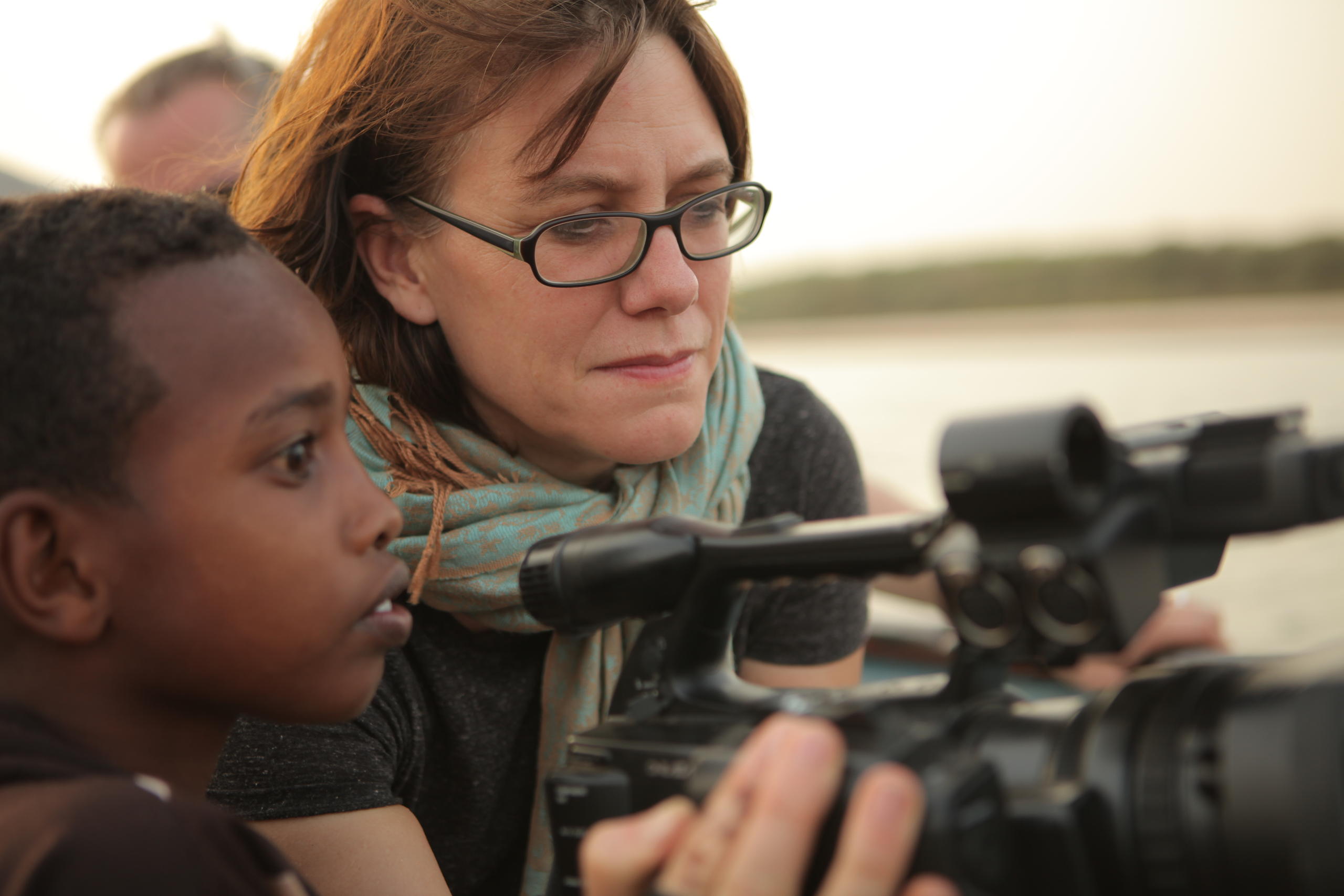
The chaos of life in a big city like Cairo offers unexpected rewards. For Swiss filmmaker Sandra Gysi, it’s the gift of time.
Gysi is working on a documentary about the perception of time and how it differs between Western and Southern societies. She’s been filming at the main train stations in Zurich and Cairo.
In the test sequences she shows me, it’s not always easy to tell which station is which.
“This will also be an aim of the film. I want to show how different and how similar they are. I mean, pigs are normally not in Zurich, or Cairo, actually, and German dogs probably shouldn’t be in Cairo, so you get a bit disoriented – and I want to play with these pictures,” Gysi said.
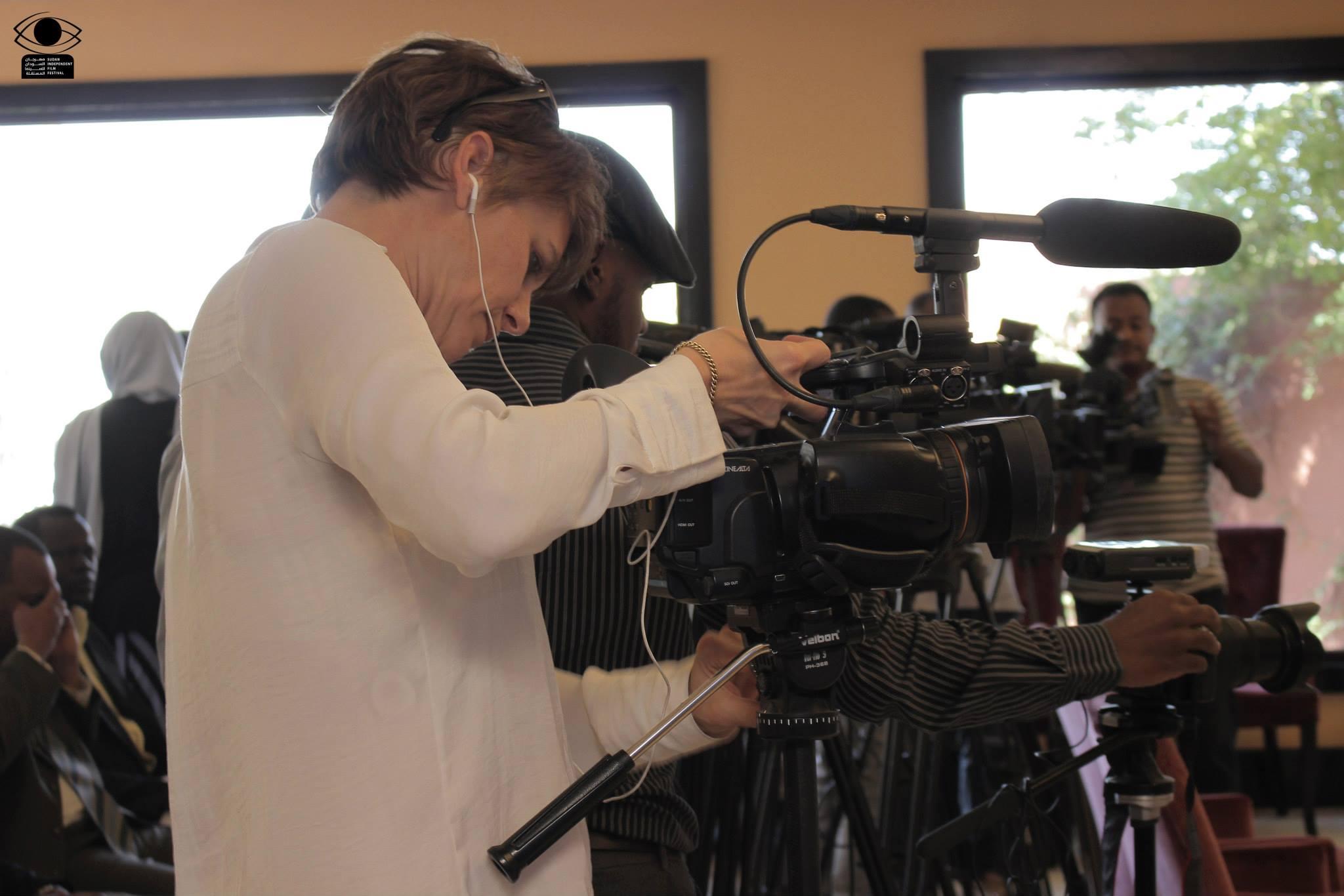
More
Dancing and dumplings
She clearly has an eye for details. Her high-rise Zurich apartment, which doubles as her editing studio, is full of artwork – much of it from Egypt that she’s collected over the years. When she makes me a coffee with a perfect froth of milk on top, she serves it alongside a delightful 1930s sugar shaker that she inherited from her grandmother.
Gysi’s interest in Egypt and the Arabic world dates back to her student days in the 1990s – when she visited Egypt for the first time. She returned to Cairo time and again – also to complete her thesis in social anthropology.
“I always came back to Cairo, like it was in my DNA,” says Gysi with her easy laugh.
Gysi – who has a second apartment in Cairo – manages to feel at home in both worlds, despite how different they are. She points out that in Zurich, she can make – and keep – five appointments a day. Whereas in Cairo, she feels lucky if she can manage just one, what with traffic and the more relaxed approach to time there.
“When I’m in Egypt, I feel like I have more time for me because there’s a lot of waiting,” says Gysi, explaining that she sometimes sets out so early that she has bonus time to read at a café before her next appointment.
‘I didn’t feel secure anymore’
During the Arab spring, Gysi produced “Laila, Hala and Karima: A year in revolutionary Cairo”External link with donkeyshotExternal link filmproductionExternal link, the film company that she co-owns. The documentary follows three Egyptian women who participated actively in the uprising following the Tahrir Square demonstrations that began in January 2011.
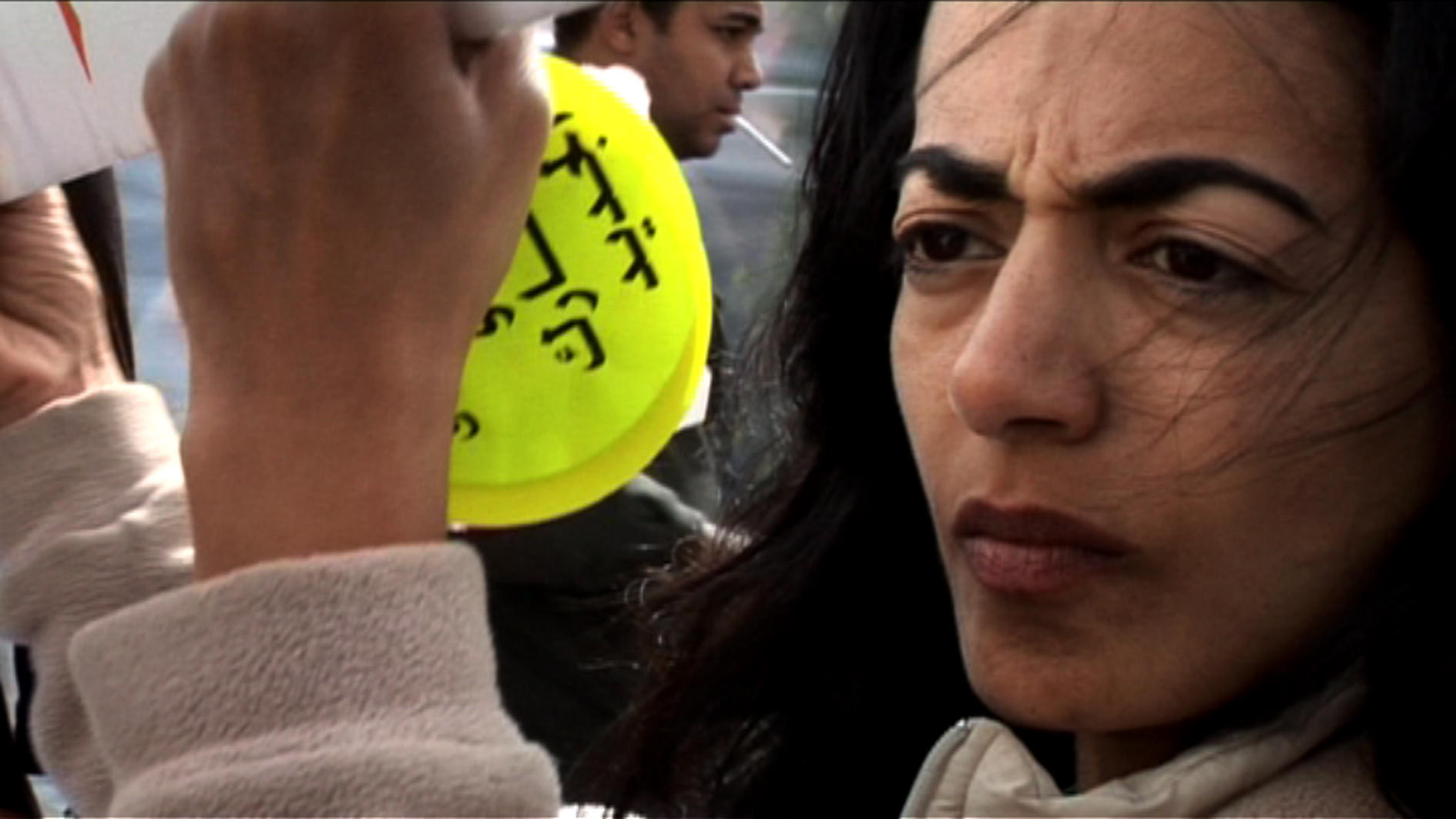
With the revolution came increased freedom to film whenever and wherever. Yet the reduced police presence under Morsi’s regime brought problems, as well.
“My bag was stolen and I felt that downtown Cairo was really getting to be a mess. I didn’t feel secure anymore. When Morsi was in power I decided I wouldn’t go to Egypt – I felt it was not my place,” Gysi confides. Under the el-Sisi administration there are more police, and also the need for film permits, which Gysi says she’s always managed to get so far.
Five million verses
Another one of Gysi’s films highlights tradition versus the struggle for modernity in Egypt. In “Sira – Songs of the Crescent Moon”External link, Gysi and colleague Ahmed Abdel Mohsen portray the last man who can recite from memory the Sira – an epic Egyptian poem with supposedly five million verses.
The idea is for Sayyed el-Dawwy to pass the 1,000-year-old Sira on to his grandson; meanwhile, other artists – like female singer Dina El WedidiExternal link – are working on their own interpretations. This is difficult for men like el-Dawwy to accept.

More
Dina El Wedidi
As Gysi points out, the Sira is a very traditional performance. “I first saw it in 1995 in Cairo, where there was a mixed audience. In the towns there are also women, but if you go to the south it’s almost only men. Women join sometimes, but they’re mainly looking from windows; they don’t go and dance. It’s a male tradition.”
Asked what impact her gender has on her work in such a male-dominated culture, Gysi says it’s actually an advantage.
“Since I speak Arabic and I’m a Western woman, they don’t really know who I am, somehow, in the more traditional Egyptian countryside. So I can [spend time with women] in the households … but since I’m not really a woman in their perspective, I can also go into the whole men’s world,” she says, adding, “They like to tell me things that they probably aren’t telling other people.”
Sudanese collaboration
Gysi is also one of the founders of the association Swiss Initiative Culture Projects SudanExternal link, a joint venture between Swiss and international artists. The idea is to support Sudanese culture – not just in terms of cinema, but also music, fine arts, dance, theatre and literature.
“The aim is to foster culture there, and also to give the Western side more information about Sudan – because nobody knows anything about it, except that there’s war,” Gysi explains. She recalls a shy Sudanese filmmaker whose confidence soared after presenting his work in Austria. And the Khartoum dance workshops held with Egyptian choreographer Karima Mansour were also a great success.
“It was very special because everyone thinks in Sudan it’s Islamist and a dictatorship, and how can you do contemporary dance there? But it worked very well,” Gysi says.
The project is under the joint patronage of the Sudanese and Swiss commissions for UNESCOExternal link and SWISS FILMSExternal link.

In compliance with the JTI standards
More: SWI swissinfo.ch certified by the Journalism Trust Initiative










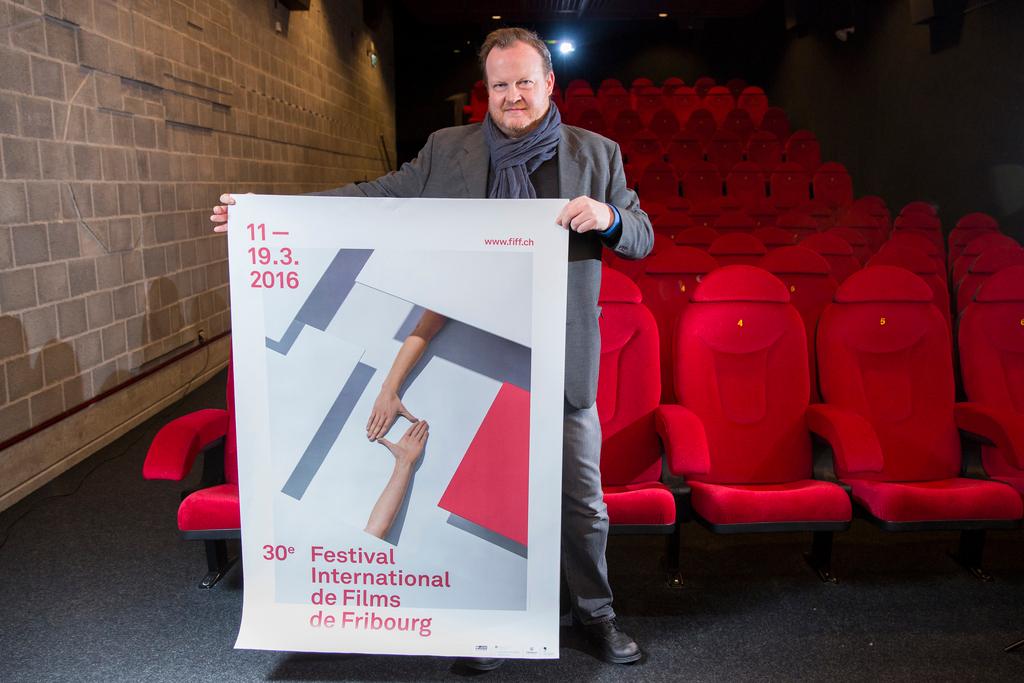
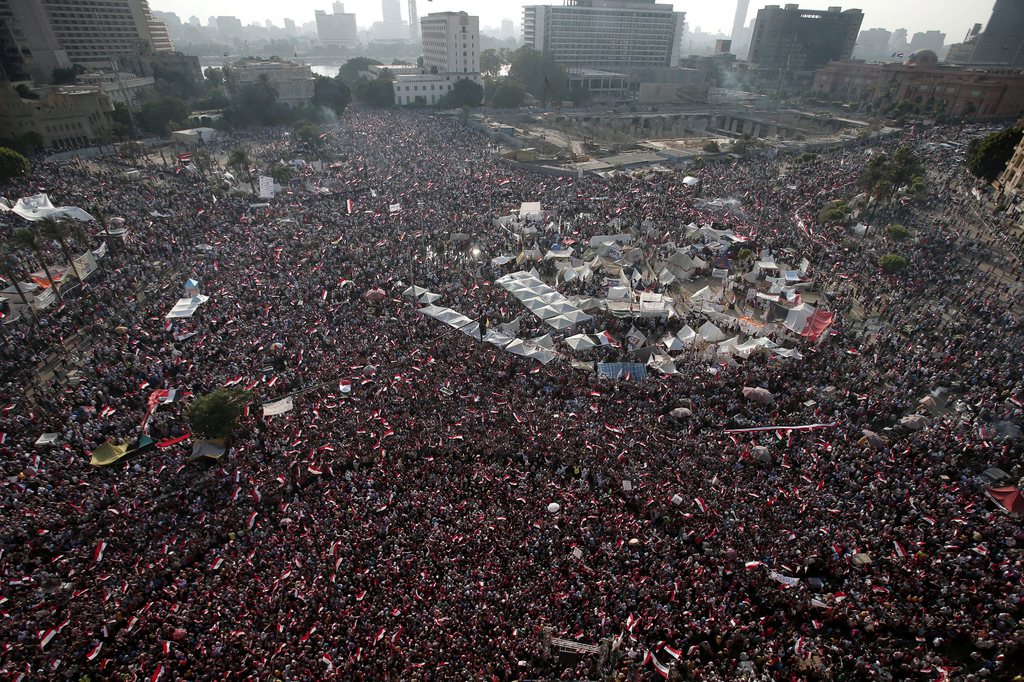
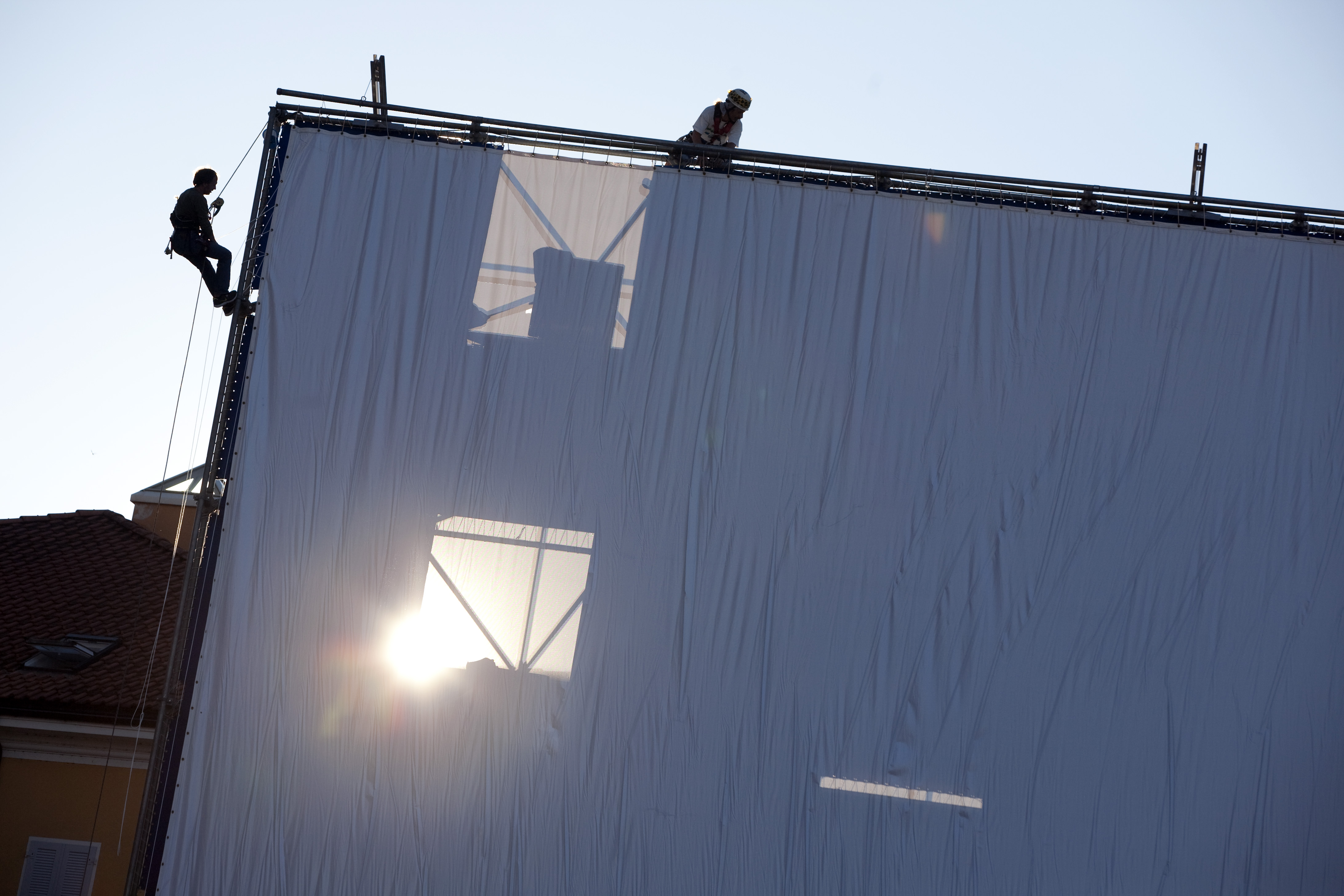
You can find an overview of ongoing debates with our journalists here . Please join us!
If you want to start a conversation about a topic raised in this article or want to report factual errors, email us at english@swissinfo.ch.